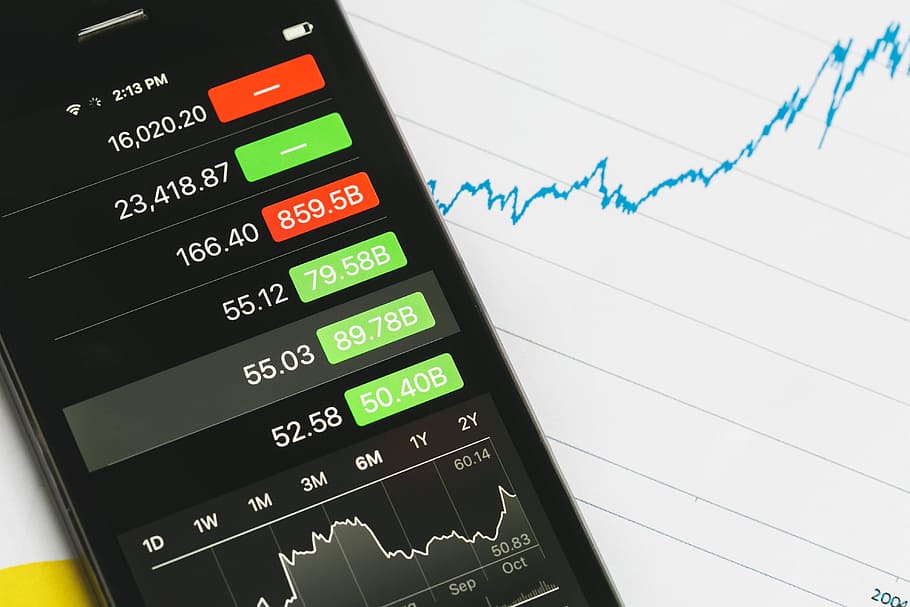If the thought of investing within the stock exchange scares you, you're not alone that have already occurred during this millennium—or are beguiled by "hot tips" that bear the promise of giant rewards but seldom pay off. It is not surprising, then, that the pendulum of investment sentiment is claimed to swing between fear and greed.
The reality is that investing in the stock market carries risk, but when approached in a disciplined manner, it is one of the most efficient ways to build up one's net worth. So as to know the mechanics of the stock exchange, let's begin by delving into the definition of a stock and its differing types.
Definition of 'Stock'
A stock or share (also known as a company's "equity") is a financial instrument that represents ownership in a company or corporation and represents a proportionate claim on its assets (what it owns) and earnings (what it generates in profits).
Stock ownership implies that the shareholder owns a slice of the company equal to the number of shares held as a proportion of the company's total outstanding shares. For instance, a private or entity that owns 100,000 shares of a corporation with a million outstanding shares would have a tenth ownership stake in it.
Common and Preferred Stock
While there are two main types of stock—common and preferred—the term "equities" is synonymous with common shares, as their combined market value and trading volumes are many magnitudes larger than that of preferred shares.5
The main distinction between the two is that common shares usually carry voting rights that enable the common shareholder to have a say in corporate meetings (like the annual general meeting or AGM)—where matters such as election to the board of directors or appointment of auditors are voted upon—while preferred shares generally do not have voting rights. Preferred shares are so named because they have preference over the common shares in a company to receive dividends as well as assets in the event of a liquidation.
What is a Stock Exchange?
It is important to know that the firms listed on stock markets don't buy and sell their own shares on a daily basis (companies may engage available buybacks.
or issue new shares, but these aren't day-to-day operations and sometimes occur outside of the framework of an exchange). So once you buy a share of stock on the stock exchange, you're not buying it from the corporate, you're buying it from another existing shareholder. Likewise, once you sell your shares, you are doing not sell them back to the company—rather you sell them to another investor.
The first stock markets appeared in Europe within the 16th and 17th centuries, mainly in port cities or trading hubs like Antwerp, Amsterdam, and London. These early stock exchanges, however, were more like bond exchanges because the small number of companies didn't issue equity. In fact, most early corporations were considered semi-public organizations since they had to be chartered by their government so as to conduct business.



No comments:
Post a Comment